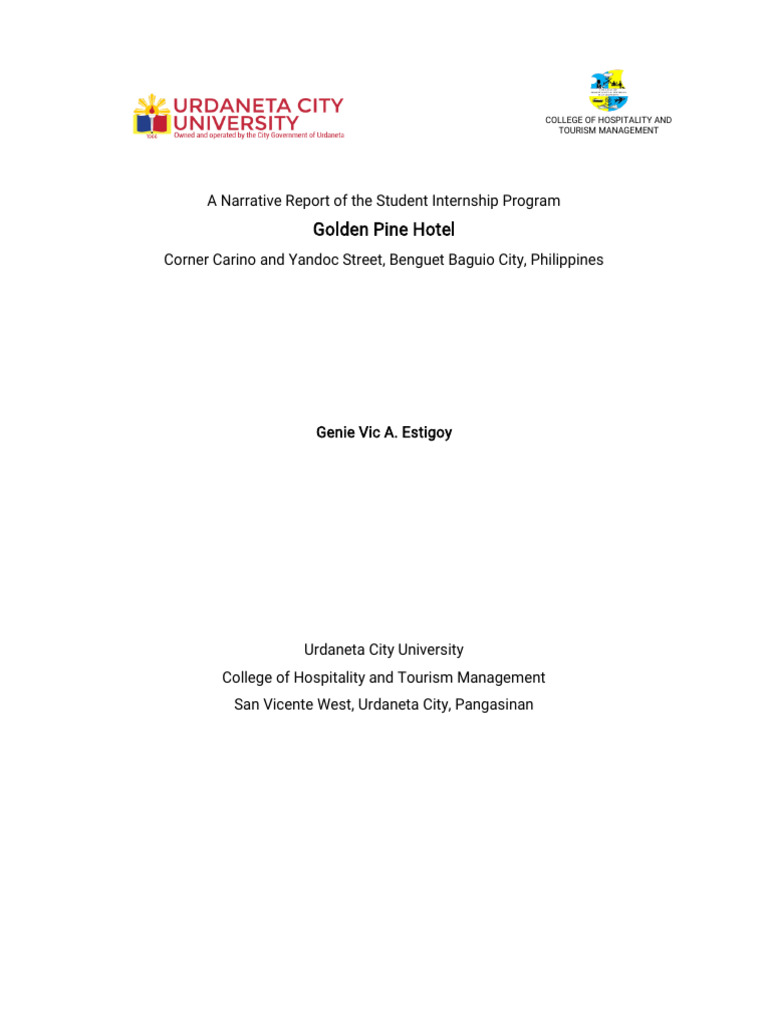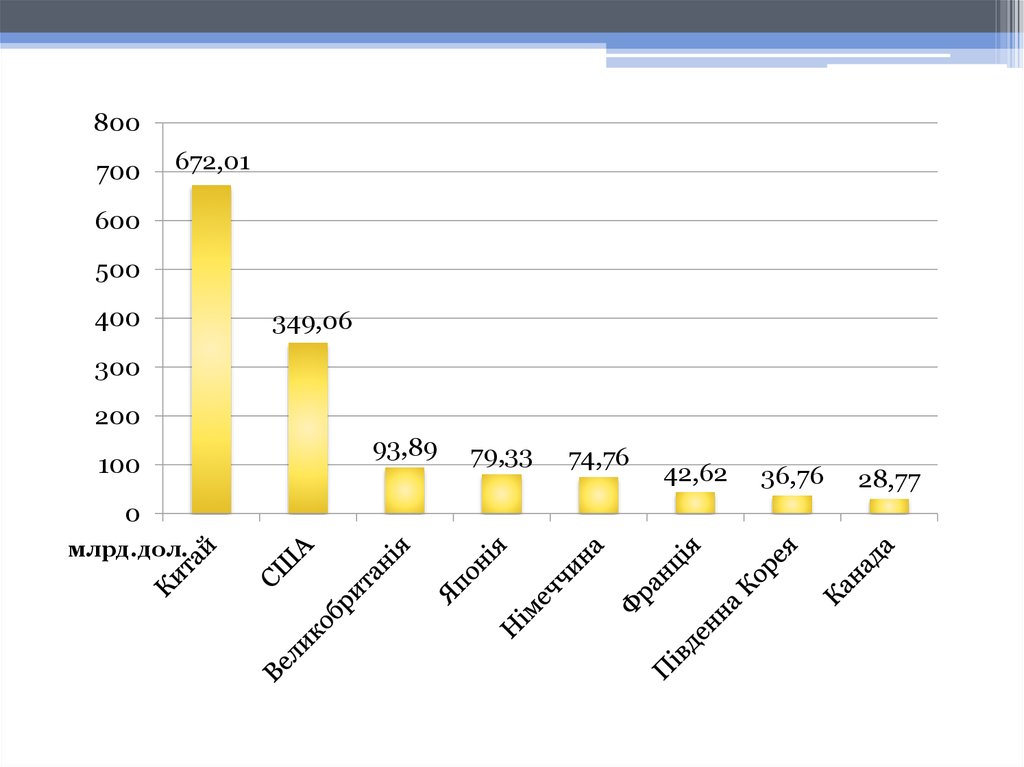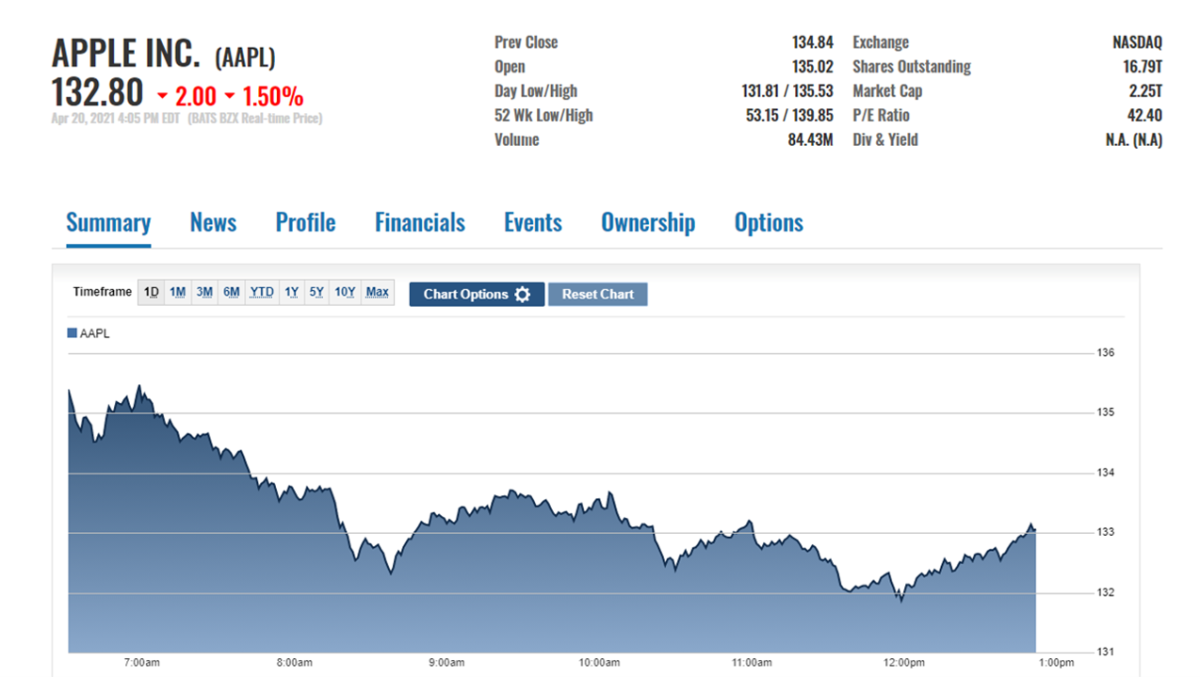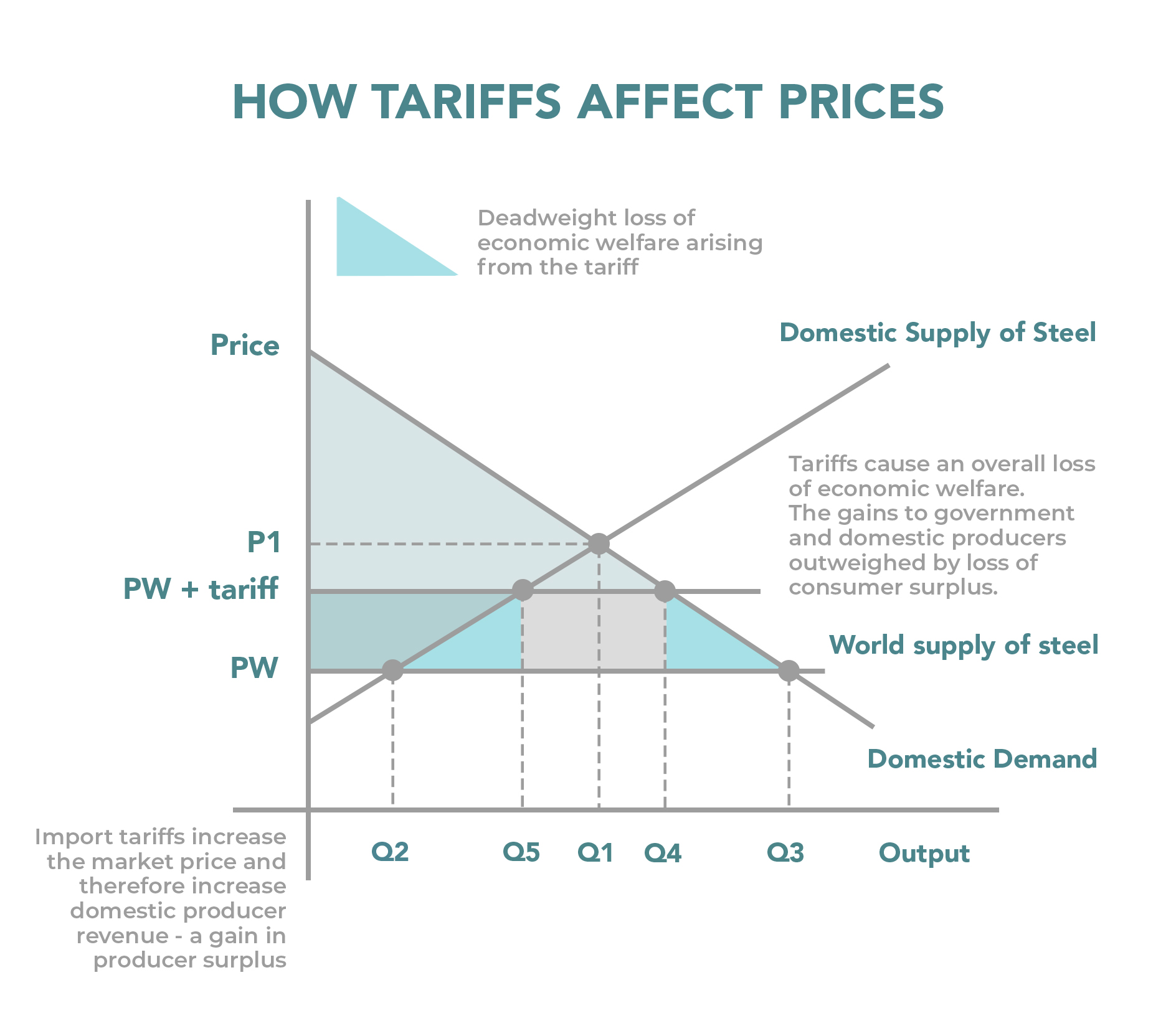Waiting For The Call: A Personal Narrative

Table of Contents
The Pre-Call Rituals: Managing Anxiety Before the Call
The anticipation leading up to the call is often more torturous than the call itself. My own pre-call rituals are a peculiar mix of nervous energy and desperate attempts at distraction. I pace relentlessly, my phone clutched in my hand, obsessively checking for missed calls or notifications, even though I know the call hasn't come yet. This nervous energy manifests physically: a knot in my stomach, sweaty palms, and a racing heart. It's a potent reminder of the psychological impact of anticipation.
The waiting intensifies the senses. Every ring, every notification, sends a jolt of adrenaline. Thoughts race, replaying past conversations and second-guessing every decision. The psychological strain is undeniable.
- Coping Mechanisms: Deep breathing exercises can help calm the nerves. Mindfulness techniques, focusing on the present moment rather than the anxious future, are invaluable. Meditation, even a short session, can make a difference.
- Distraction Tactics: Engaging in hobbies, spending time with loved ones, or even just focusing on a mindless task can help temporarily alleviate the stress. Watching a movie, listening to music, or reading a book can create a much-needed buffer.
- Self-Care is Crucial: Prioritizing self-care during this period is paramount. Adequate sleep, healthy eating, and light exercise contribute to a more resilient state of mind. Ignoring physical needs only exacerbates mental stress.
The Waiting Game: Time Distortion and Mental Gymnastics
Time warps during the wait. Minutes stretch into hours, and hours feel like days. My mind becomes a relentless factory of "what if" scenarios, churning out countless possibilities, many of them negative and fueled by anxiety. I analyze past actions, scrutinizing every word and gesture, searching for clues that might predict the outcome. This mental gymnastics, while understandable, is often detrimental to mental well-being.
- Negative Thought Patterns: The "what if" scenarios dominate, creating a cycle of negative thoughts and amplifying anxieties. "What if they don't like me?" "What if the results are bad?" These questions, while natural, can spiral into unhelpful rumination.
- Reframing Negative Thoughts: Techniques like cognitive restructuring are useful here. Actively challenging negative thoughts and replacing them with more realistic and positive alternatives can significantly improve mental state. It’s about shifting from catastrophic thinking to a more balanced perspective.
- Maintaining Perspective: It's important to remember that the outcome, whatever it may be, will not define you. Maintaining a healthy perspective keeps the situation in proper context and prevents the anxiety from overwhelming you.
The Aftermath: Processing the Call, Whatever the Outcome
The call finally comes, and the emotional rollercoaster continues. Whether the news is good or bad, a wave of intense emotion washes over you. The relief of a positive outcome is immense, but even good news can be initially overwhelming. Conversely, disappointment requires careful processing.
- Celebrating Success: Good news deserves celebration! Sharing the joy with loved ones, taking some time to appreciate the achievement, and acknowledging hard work are all vital.
- Processing Disappointment: Disappointment is a natural reaction. Allow yourself to feel the emotion, but don't let it define you. Self-reflection can help identify areas for improvement, and seeking support from friends, family, or mental health professionals is always an option.
- Self-Reflection: Whether the outcome is positive or negative, taking time for self-reflection can provide valuable insights. This period of waiting can highlight strengths, weaknesses, and areas for personal growth.
Learning from the Wait – Moving Beyond "Waiting for the Call"
"Waiting for the call" is a universal experience, a shared human feeling marked by anticipation, anxiety, and the distortion of time. Understanding the emotional and psychological impact of this wait empowers us to develop strategies for managing the anxiety and expectations associated with it. Learning to cope effectively during the wait not only lessens the stress but also fosters resilience for facing future uncertainties.
We can all learn to navigate the challenging emotional landscape of "waiting for the call" more effectively. Share your own experiences and coping mechanisms in the comments below! Let's build a community of support around this common experience and learn from each other’s journeys of waiting and overcoming the anxiety that comes with it. How do you manage the anticipation of waiting for the call? What techniques have worked best for you?

Featured Posts
-
 Pobediteli Evrovideniya 2025 Smeloe Predskazanie Konchity Vurst
May 25, 2025
Pobediteli Evrovideniya 2025 Smeloe Predskazanie Konchity Vurst
May 25, 2025 -
 Dreyfus Affair A Century Late Promotion Sought By French Parliament
May 25, 2025
Dreyfus Affair A Century Late Promotion Sought By French Parliament
May 25, 2025 -
 2 Drop In Lvmh Shares After Disappointing Q1 Sales
May 25, 2025
2 Drop In Lvmh Shares After Disappointing Q1 Sales
May 25, 2025 -
 Yevrobachennya Doli Peremozhtsiv Za Ostanni 10 Rokiv
May 25, 2025
Yevrobachennya Doli Peremozhtsiv Za Ostanni 10 Rokiv
May 25, 2025 -
 1 500 Expected At Best Of Bangladesh Netherlands Event European Investors Attend
May 25, 2025
1 500 Expected At Best Of Bangladesh Netherlands Event European Investors Attend
May 25, 2025
Latest Posts
-
 Apple Stock Price Drop The Impact Of New Tariffs
May 25, 2025
Apple Stock Price Drop The Impact Of New Tariffs
May 25, 2025 -
 Apple Stock Long Term Outlook After Wedbushs Price Target Revision
May 25, 2025
Apple Stock Long Term Outlook After Wedbushs Price Target Revision
May 25, 2025 -
 Analyzing Apple Stocks Performance Before Q2 Report
May 25, 2025
Analyzing Apple Stocks Performance Before Q2 Report
May 25, 2025 -
 Apple Stock Aapl Analyzing Current And Future Price Levels
May 25, 2025
Apple Stock Aapl Analyzing Current And Future Price Levels
May 25, 2025 -
 900 Million Tariff Impact Apple Stock Takes A Hit
May 25, 2025
900 Million Tariff Impact Apple Stock Takes A Hit
May 25, 2025
